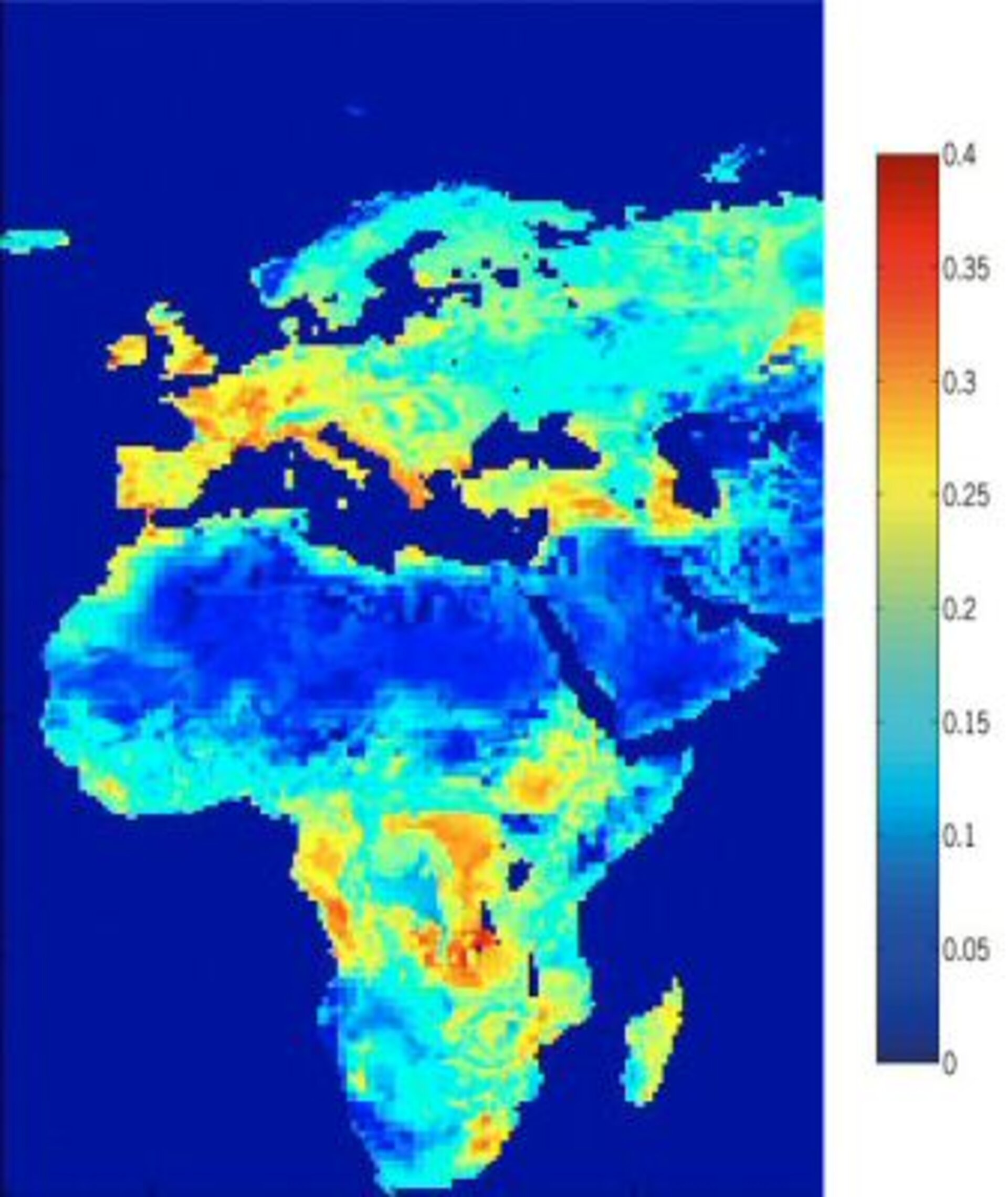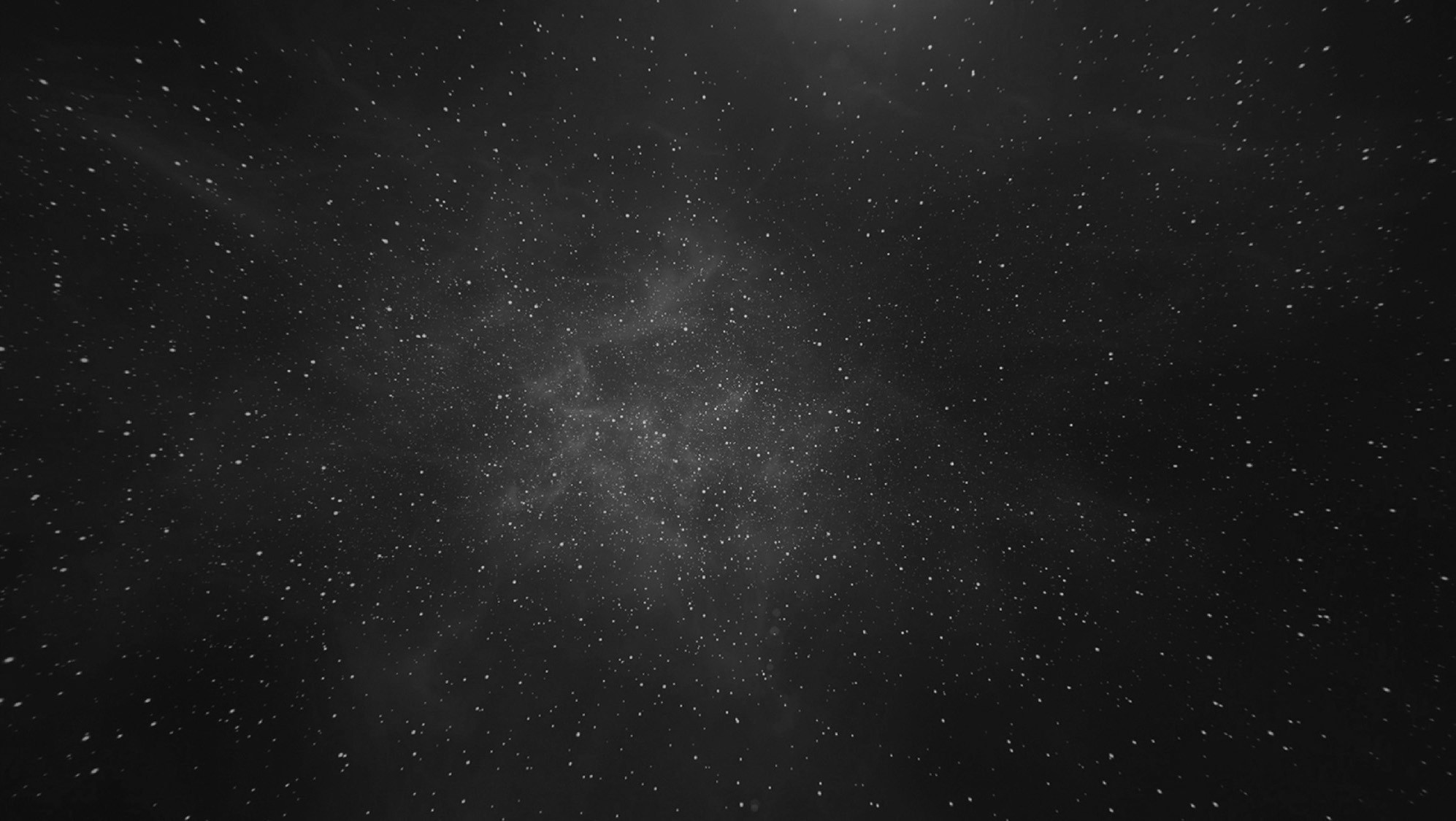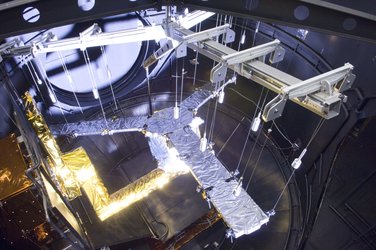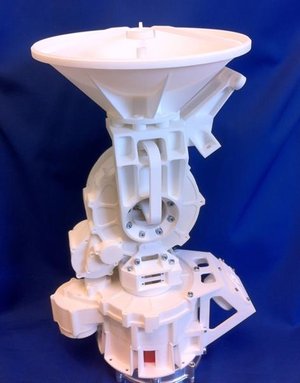Beyond SMOS
“MIRAS represents a new technology developed completely from scratch,” says Dr Martin-Neira. “Once the design is fully proven, I can imagine other radiometers with a similar design but operating on other frequency channels to detect additional geophysical features. It is a scaleable concept, so simply by making the arms longer you can improve spatial resolution.”
SMOS will be joined in space next year by NASA’s Aquarius mission, which will deliver ocean salinity radiometer measurements at lower resolution. Another US mission performing soil moisture measurements, known as SMAP (Soil Moisture Active & Passive), is planned for the mid-2010s.
“These missions reflect the strong interest of the scientific community in acquiring this kind of data,” concludes Dr Martin-Neira, whose original interest in soil moisture came from his father and grandfather both being forest engineers. “If SMOS does perform as expected, I can imagine an operational follow-up to ensure continuity of data. Once scientists access global soil moisture and ocean salinity measurements, they are not going to want to surrender them.”
Space for innovation
SMOS is a prime example of how novel space missions inspire innovative technical solutions. Innovation is a key driver of ESA’s technology strategy, which was devised with twin objectives: enabling future space missions and strengthening European competitiveness.
Technology developed for space often finds subsequent applications in terrestrial products, because space systems can provide solutions to otherwise unachievable goals. The needs of space for innovation bring forth innovative solutions for daily life, competitive industry and more efficient institutions. Space adds value.
ESA’s technology development programmes and initiatives enable space missions, strengthen competitiveness, foster open innovation and bolster Europe’s non-dependence in technology fields.
More information
Dr. Manuel Martin-Neira,
ESA Payload Engineer for SMOS,
Manuel.Martin-Neira @ esa.int











